| Dr. Amy Piotrowski is an associate professor of English education at Utah State University. She teaches undergraduate courses in English education and secondary education as well as graduate courses in literacy education. Her scholarly interests focus on digital literacies, young adult literature, and teacher education. Before going into teacher education, she taught middle school Language Arts, high school English, and college composition in Texas. |
Posthumanism deals with the relationship between humans and technology. This paradigm has its origins in Donna Haraway’s 1985 essay “A Manifesto for Cyborgs.” Haraway defines cyborgs as “a hybrid of machine and organism,” (2001, p. 2269) and argues that the boundary between what is human and what is machine has been blurred. Scholars of YA literature (Hayles, 1999; Ostry, 2004; Flannagan, 2014) have used the lens of posthumanism to examine how literature can provide readers with ways to question how humans and machines relate to each other. Several recent young adult novels dealing with artificial intelligence, time travel, and space travel can be read through the lens of posthumanism and would be great additions to secondary literature instruction.
| Rebelwing - by Andrea Tang Prudence Wu is a prep school student in what once was Washington, D.C., one of the few oases of democracy on a continent taken over by a brutal corporate conglomerate. She heads out on a job smuggling contraband media into the conglomerate’s territory where she is betrayed to the authorities and unexpectedly rescued by a cybernetic dragon called Rebelwing. This cybernetic dragon is powered by sentient A.I. and can win the war against the corporate conglomerate. Prudence must learn to pilot Rebelwing now that it has imprinted on her. Tang weaves a story about the power of connection as Prudence and her friends team up to save their city. |
| Waking Romeo - by Kathryn Barker This novel is a mix of Romeo and Juliet, Wuthering Heights, the Back to the Future films, and the songs of Taylor Swift. In the future, traveling forward in time is possible, and time travelers seek a better life in the future. Unfortunately, these time travelers leave behind too few people and resources to build that better future while they keep going forward in time to find when a better future might be. In the wrecked world that is the year 2083, some families, including the Capulets and the Montagues, have decided to reject time travel. Juliet is recovering from her suicide attempt in the Capulet tomb, while Romeo lies in a coma. When a time traveler named Ellis (yes, Brontë’s Ellis) shows up, the world’s future depends on Juliet and Ellis teaming up to wake Romeo. Barker reminds readers that if we want a better future, we must work today towards making that future a reality rather than waiting for it to arrive. |
| Defy the Stars by Claudia Gray Noemi, a pilot fighting for the colony world Genesis against imperial power Earth, and Abel, an A.I. created by Earth’s best cybernetic researcher, embark on a mission that could end the war between Genesis and Earth. Abel is the most advanced A.I. ever, expressing thoughts and emotions that are very human-like. At one point, Noemi reminds herself that Abel is not human, a “simulation of consciousness instead of the real thing.” But how much of a simulation is Abel? Noemi comes to realize that Abel is far different from, and perhaps more human than, the cold and cruel researcher who created him. The series delves into questions about the line between human and machine, suggesting that our humanity may be rooted in empathy and care for others. |
| Nyxia by by Scott Reintgen Emmett Atwater is headed for the planet Eden with a group of other teens. He desperately needs to make money for his family. A corporation called Babel pits the teens against each other in competition to see who will get to go down to Eden to mine a mysterious and versatile substance called nyxia. Along the journey, Emmett learns some of Babel’s dark secrets, what nyxia is capable of, and about Eden’s inhabitants, called the Adamites. Emmett must find a way to not lose his humanity as he fights for survival. |
Flannagan, V. (2004). Technology and identity in young adult fiction: The posthuman subject. Hampshire, UK: Palgrave Macmillan.
Haraway, D. (2001). A manifesto for cyborgs: Science, technology, and socialist feminisms in the 1980’s. In V. Leitch, W. Cain, F. Finke, & B. Johnson (Eds.), The Norton
Anthology of Theory and Criticism (2269-2299). New York, NY: W.W. Norton.
Hayles, N.K. (1999). How we became posthuman: Virtual bodies in cybernetics, literature, and infomatics. Chicago, IL: University of Chicago Press.
Ostry, E. (2004). “Is he still human? Are you?”: Young adult science fiction in the posthuman age. The Lion and the Unicorn, 28(2), 222-246.
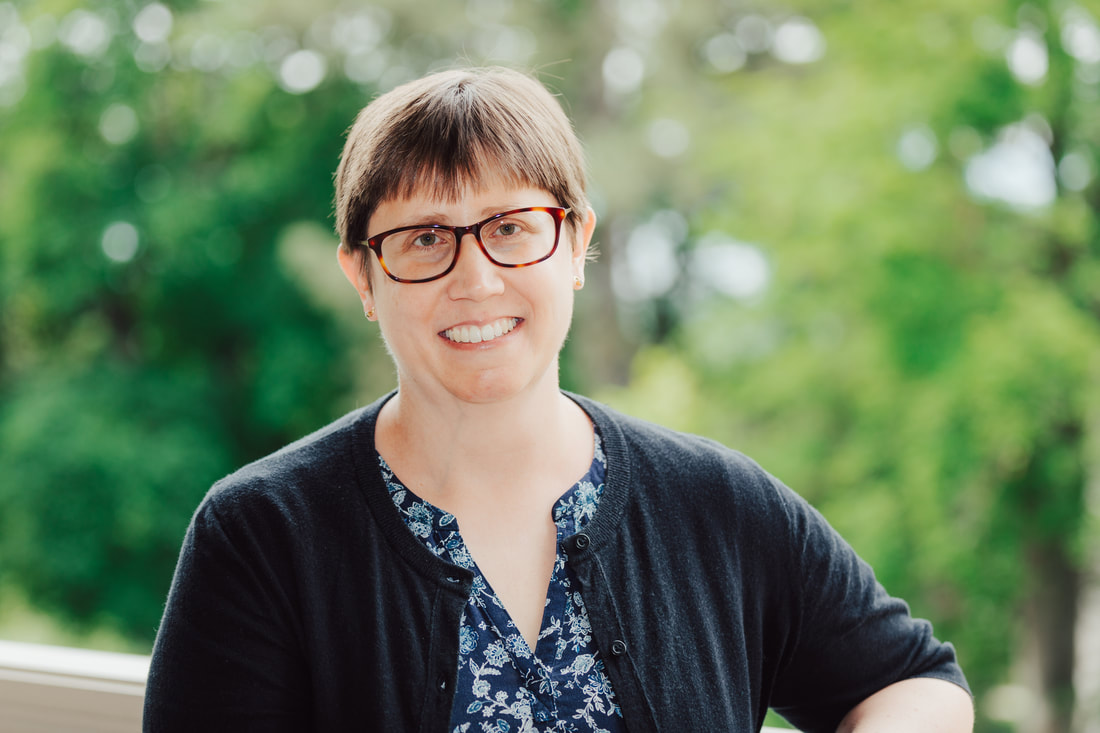
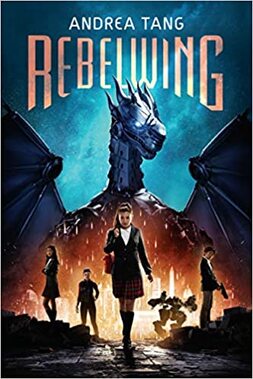
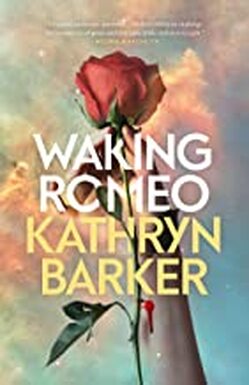
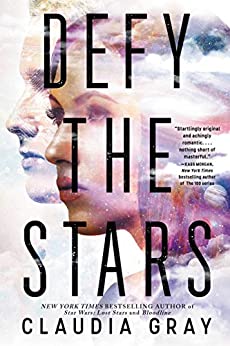
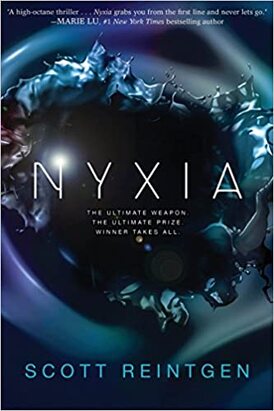

 RSS Feed
RSS Feed